The Center for Precision Disease Modeling at the University of Maryland Medical School consists of five major sections. Each section comprises clinicians and scientists who are exceptionally specialized and well experienced for our aims. Our team is highly interactive across the sections, enabling us to provide the best solution in generating Precision Disease Models for human diseases.
- Coordination Section
- Preclinical Section
- Bioinformatics Section
- Resource and Service Section
- Disease Modeling Unit
Email: CPDM@som.umaryland.edu
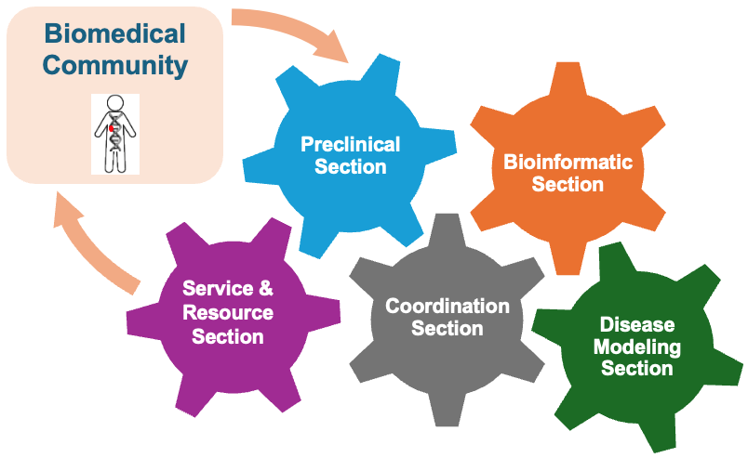
Leadership
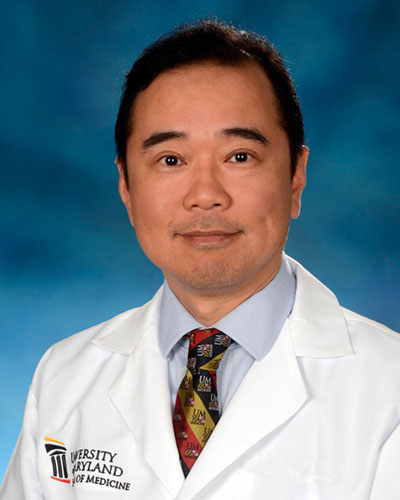
Zhe ‘Zion’ Han, PhD
Center Director
Section Leader, Disease Modeling Unit
Section Leader, Coordination Section
Member, Steering Committee
Associate Professor, Department of Medicine,
University of Maryland School of Medicine
670 West Baltimore St., Baltimore, MD 21201, USA
Coordination Section

Stephen N. Davis, MBBS
Vice President of Clinical Translational Science
Dr. Davis is an expert in precision medicine and translational research, with nearly three decades of continuous NIH funding. As Co-Lead of the Coordination Section, he oversees strategic alignment and integration of the Center’s sections and workflows, ensuring effective collaboration and progress toward strategic goals. He also leads outreach efforts to recruit community-based variant nominations and foster partnerships with researchers and patient advocacy groups.

Zhe ‘Zion’ Han, PhD
Founding Director of CPDM@UMB
Dr. Han is a leader in developmental biology and Drosophila genetics, known for pioneering the “Gene Replacement” approach to study heart, muscle, kidney, and blood disorders. As Co-Lead of the Coordination Section, he oversees variant prioritization, strategic planning, and workflow integration. He also leads the Disease Modeling Unit (DMU), ensuring high-throughput model generation and functional validation, and serves as Co-Chair of the Center Steering Committee.
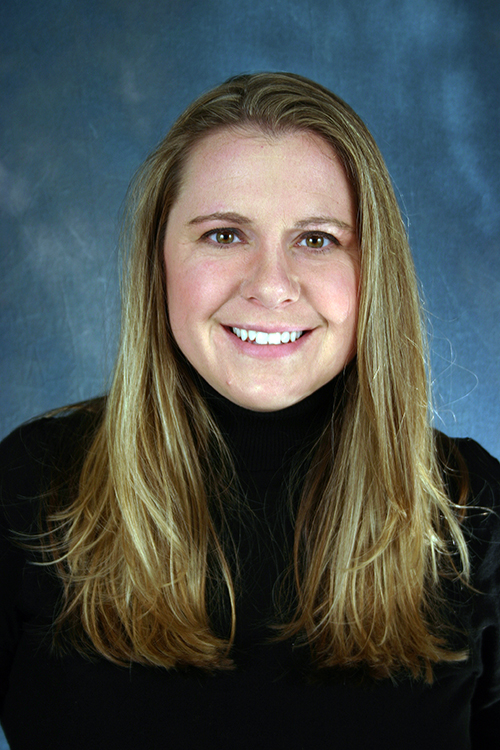
Maureen A. Kane, PhD
Director of the UMB Mass Spectrometry Center
Dr. Kane is an expert in multi-omics and biomarker discovery using mass spectrometry. As a member of the Coordination Section, she integrates bioinformatics and multi-omics data into the Center’s strategic workflows and facilitates communication between the Bioinformatics Section and other components. She also co-leads the Bioinformatics Section.

Zubair N. Ahmed, PhD
Professor of Biochemistry and Molecular Biology
Dr. Ahmed specializes in modeling vision, hearing, and brain diseases using CRISPR knock-in zebrafish models. In the Coordination Section, he supports strategic planning and variant prioritization. He also co-leads the DMU zebrafish team, overseeing zebrafish model generation and characterization.
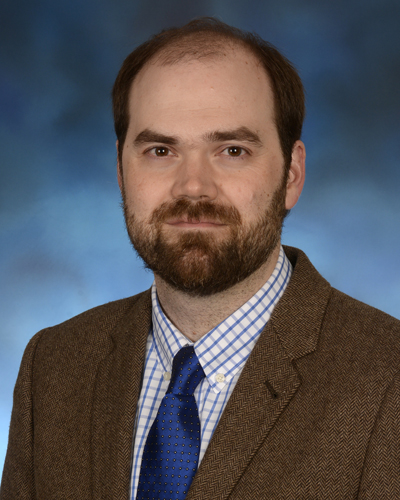
Owen Woodward, PhD
Associate Professor of Physiology
Dr. Woodward is an expert in ion channels and transporters, known for identifying ABCG2 as the first “gout gene.” As a member of the Coordination Section, he advises on mouse precision disease modeling and workflow integration. He also leads the DMU mouse modeling team.
Preclinical Section
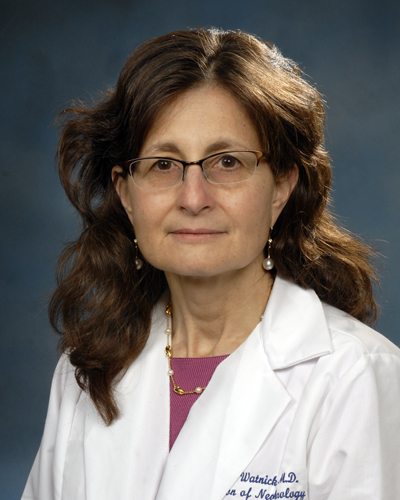
Terry J. Watnick, MD
Director of the Maryland PKD Research & Translation Center, Nephrologist
Dr. Watnick is an expert in PKD genetics and Director of the Maryland PKD Research and Translation Core Center. As Co-Lead of the Preclinical Section, she provides guidance on kidney disease-related variants, helping to select and evaluate models for PKD and vascular diseases. She collaborates with the DMU to assess model performance and test mechanism-based treatments. Dr. Watnick also serves in the Coordination Section and Steering Committee, ensuring alignment across the Center’s activities.

Peter Crino, MD, PhD
Chair of Neurology, Neurologist
Dr. Crino specializes in mTOR-associated disorders and neurological diseases, with expertise in CRISPR gene editing and therapeutic testing. As Co-Lead of the Preclinical Section, he oversees projects on neurological and developmental disorders, guiding model selection and phenotypic analysis. He integrates multi-omics data into preclinical studies and collaborates with the DMU to develop CRISPR-based mouse models.

Bradley A. Maron, MD
Professor of Medicine, Cardiologist
Dr. Maron is a cardiologist and expert in pulmonary hypertension and cardiomyopathy. In the Preclinical Section, he leads cardiovascular-focused projects, guiding model development for cardiac-related genetic variants. He integrates computational analyses and multi-omics data into phenotypic studies and supports translational applications.

Stephen N. Davis, MBBS
Vice President of Clinical Translational Science, Endocrinologist
Dr. Davis is an expert in metabolic diseases and precision medicine. In the Preclinical Section, he leads projects on endocrinology and metabolic diseases, overseeing variant evaluation and testing therapies targeting metabolic pathways. He also serves in the Coordination Section and Steering Committee, ensuring strategic alignment and collaboration across sections.

Hongbing Wang, PhD
Hongbing Wang, PhD, Section co-Leader Preclinical, is responsible for providing section oversight and leads projects related to drug design, drug screening, compound toxicity and safety studies, to which his expertise will be instrumental. Further, he collaborates with Dr. Hong and the Disease Modeling Unit on the high-throughput drug screen projects that use the center-developed precision disease models to develop and identify effective therapeutic compounds.
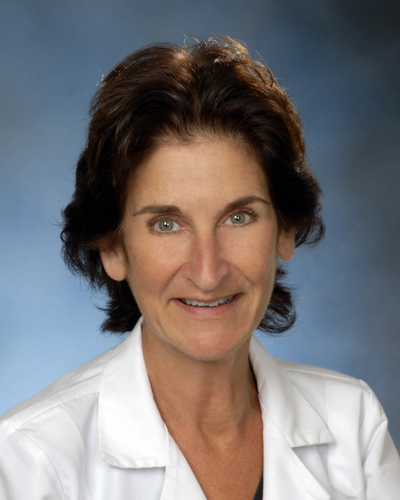
Maria Baer, MD
Director of Hematologic Malignancies, Hematologist
Dr. Baer specializes in leukemia and blood-related diseases. In the Preclinical Section, she oversees projects on blood and tumor-related disorders, guiding the integration of clinical data into model development. She also evaluates genetic variants for diverse diseases, ensuring accurate and clinically relevant modeling.
Bioinformatics Section

Maureen A. Kane, PhD
Director of the UMB Mass Spectrometry Center
Dr. Kane is an expert in mass spectrometry, multi-omics, and biomarker discovery. As Co-Lead of the Bioinformatics Section, she leads efforts in multi-omics data generation, analysis, and integration. She supports the development of bioinformatics pipelines for proteomics, lipidomics, and metabolomics, facilitating cross-species comparisons and translational insights. Dr. Kane also serves in the Coordination Section and on the Steering Committee, ensuring alignment between bioinformatics and broader Center activities.
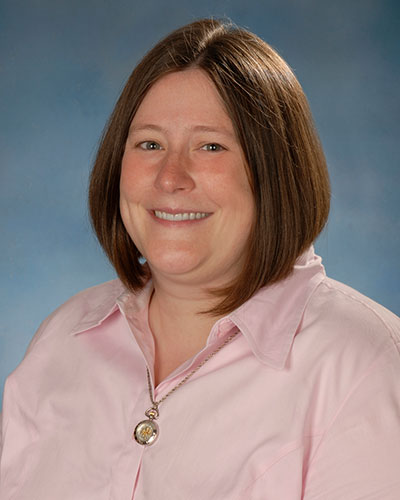
Julie Dunning Hotopp, PhD
Professor of Medicine, Bioinformatician
Dr. Dunning Hotopp specializes in multi-omics, transcriptomics, and bioinformatics, with expertise in developing computational tools for multi-species comparisons. As Co-Lead of the Bioinformatics Section, she oversees the integration and analysis of transcriptomics, proteomics, and other omics data from precision models. She also develops algorithms for data accuracy and predictive modeling to support translational research.

Bradley A. Maron, MD
Professor of Medicine, Cardiologist
Dr. Maron is a cardiologist and computational biologist specializing in pulmonary hypertension and cardiomyopathy. In the Bioinformatics Section, he develops protein-protein interaction networks and computational models for analyzing cardiovascular disease variants. He also supports multi-omics data integration to improve translational relevance.
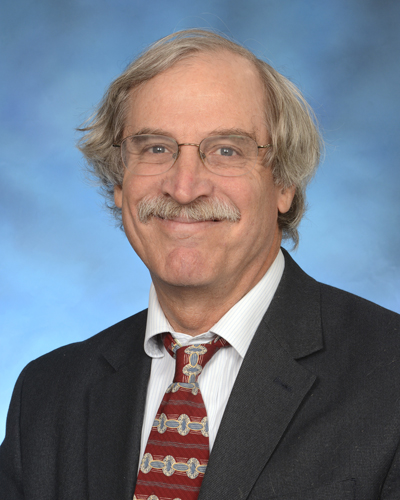
Braxton D. Mitchell, PhD
Professor of Medicine, Genetic Epidemiologist
Dr. Mitchell focuses on the genetics of age-related diseases, including diabetes and cardiovascular disease. In the Bioinformatics Section, he oversees the integration of genetic and bioinformatics tools to identify and prioritize disease-relevant variants. He also develops predictive models linking genetic variants to therapeutic responses, enhancing clinical translation.

Hangnoh Joseph Lee, PhD
Assistant Professor of Medicine, Bioinformatician
Dr. Lee specializes in bioinformatics, large-scale profiling, and cross-species omics comparisons. In the Bioinformatics Section, he supports high-throughput data processing and multi-omics analysis. He also helps maintain the Center’s website and develops tools to track Center utilization and impact.
Resource and Service Section

Stephen N. Davis, MBBS
Stephen N. Davis, MBBS, Section Leader Resource and Service, is responsible for the overall coordination and supervision of all aspects of the center’s Resource and Service section.

Braxton D. Mitchell, PhD, MPH
Genetic Epidemiologist
Dr. Mitchell focuses on the genetics of age-related diseases, including diabetes and cardiovascular disease. In the Bioinformatics Section, he oversees the integration of genetic and bioinformatics tools to identify and prioritize disease-relevant variants. He also develops predictive models linking genetic variants to therapeutic responses, enhancing clinical translation.

Toni I. Pollin, PhD, CGC
Human Geneticist and Genetic Counselor
Dr. Pollin is an expert in the genetics of complex and monogenic diseases, particularly diabetes. In the Service & Resource Section, she evaluates and interprets genetic variants, ensuring precision models align with clinical needs. She also facilitates user requests and promotes the integration of clinically relevant genetic data into the Center’s resources.
.jpg)
Junyi Zhu, Dr. rer. nat.
Assistant Professor of Medicine
Dr. Zhu specializes in using Drosophila to model human diseases, including congenital heart disease and kidney disorders. In the Service & Resource Section, he manages the generation, maintenance, and distribution of Drosophila models, ensuring high reproducibility and scientific rigor. He also facilitates the dissemination of these models to the research community.
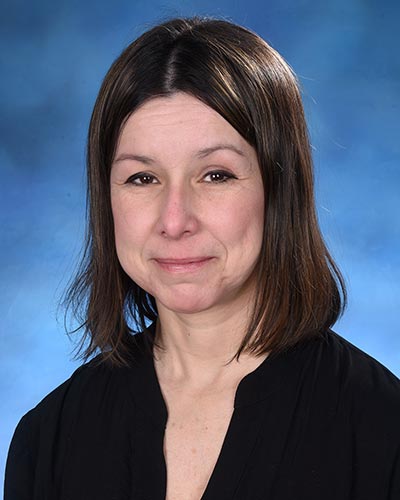
Paola Corti, PhD
Expert in Zebrafish Modeling
Dr. Corti specializes in zebrafish-based modeling of cardiovascular and developmental diseases. In the Service & Resource Section, she manages the generation, maintenance, and distribution of zebrafish models, ensuring quality and accessibility. Her work supports the integration of zebrafish models into translational research.

Elizabeth R. Rochon, PhD
Assistant Professor of Medicine
Dr. Rochon is an expert in molecular biology and mouse modeling. In the Service & Resource Section, she oversees the generation and distribution of mouse models, ensuring quality control and reproducibility. She also manages resource dissemination to support translational research.
Disease Modeling Unit

Zhe ‘Zion’ Han, Ph.D.
DMU Lead & Drosophila Team Lead
Dr. Han, founding Director of CPDM@UMB, is an expert in Drosophila genetics and developmental biology. He pioneered the “Gene Replacement” approach to study heart, muscle, kidney, and blood diseases. As DMU Lead, he oversees the generation of precision disease models, interpretation of multi-omics data, and therapeutic testing. He coordinates DMU activities with the Preclinical Section and reports progress to the Steering Committee and NIH.
.jpg)
Junyi Zhu, Dr. rer. nat.
Junyi Zhu, Dr. rer. nat., supervises the Drosophila (fly) platform within the Disease Modeling Unit, as such he will oversee and participate in all Drosophila projects on a day-to-day basis. This includes the generation of new precision disease models as well as the development and implementation of phenotypic and functional assays for the Drosophila service project derived from variants nominated by the biomedical community.

Yunpo Zhao, PhD
Pei Wen, PhD, Research Associate on the Drosophila platform, highly experienced Drosophila geneticist and in using flies to model human diseases, specialized in kidney, heart and blood.

Zubair N. Ahmed, PhD
Zebrafish Team Lead
Dr. Ahmed specializes in modeling vision, hearing, and brain disorders using zebrafish. He leads the generation of CRISPR knock-in zebrafish models, investigating vertebrate-specific phenotypes and validating therapeutic targets.
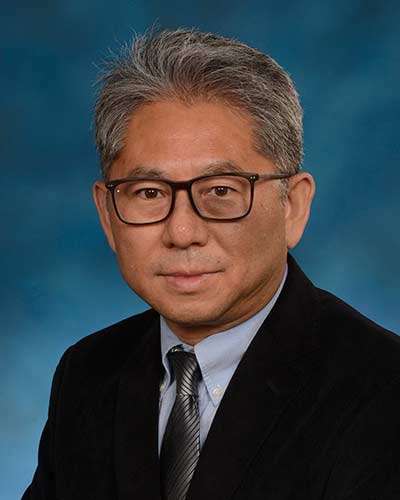
Shaojun (Jim) Du, PhD
Zebrafish Team
Dr. Du specializes in zebrafish models of skeletal and cardiac muscle diseases. He generates CRISPR knock-in models, conducts phenotypic analysis, and identifies mechanism-based therapies.

Paola Corti, PhD
Zebrafish Team
Dr. Corti applies CRISPR technology to generate zebrafish knock-out and knock-in models. She investigates molecular pathways, evaluates therapies, and manages zebrafish model distribution.

Owen Woodward, PhD
Mouse Team Lead
Dr. Woodward is an expert in ion channel and transporter diseases, known for identifying ABCG2 as the first “gout gene.” He leads the development of Tier 2 mouse models, focusing on mechanism studies and therapeutic testing.

Peter Crino, MD, PhD
Mouse Team
Dr. Crino is a pioneer in mTOR-associated disorders and neurological diseases. He oversees CRISPR-based mouse model generation and preclinical studies, ensuring translational relevance.

Elizabeth R. Rochon, PhD
Mouse Team
Dr. Rochon generates and analyzes CRISPR knock-in mouse models for disease-associated variants. She leads phenotypic studies and therapeutic evaluations and manages model distribution.
